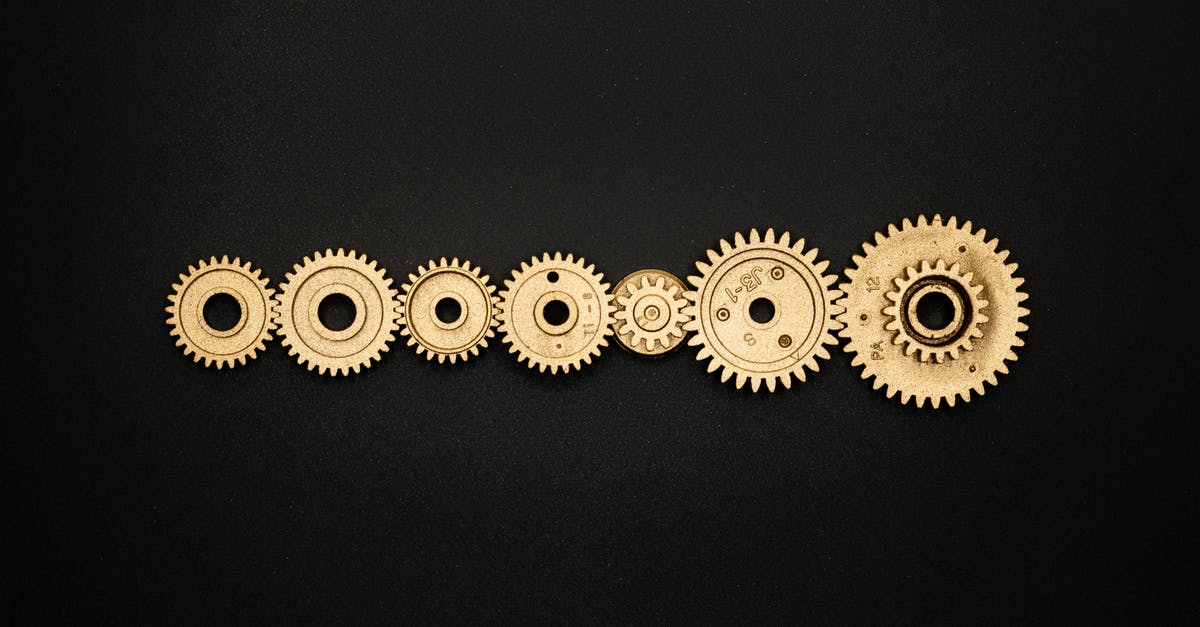What is a turn?

ToME 4 uses both turns and action speed in its terminology, and it's confusing me.
Is one turn a set amount of game time (e.g. 2.6 seconds), an abstract "as long as it takes one to act" kind of deal, or something else entirely? This is extremely important, because it heavily affects how I should interact with timed effects.
For example, if I get a buff that lasts 10 turns, will increasing my action speed burn through the effect faster (because I take my 10 actions sooner), or get me more its use (because I can take more actions over the effect's fixed duration)?
Best Answer
Essentially, a turn is "however long your action takes". In particular, it is independent of real time - you can let the game sit as long as you want, and it will wait for you. More precisely (after skimming the source code), various actions take different amounts of energy. The actors, including your character, gain some energy (how much depends on factors such as their speed) on each internal tick. When you have accumulated enough energy to do something, the game pauses (i.e. no more ticks) until you have acted.
Pictures about "What is a turn?"



What is an example of a turn?
The definition of a turn is the act of rotating or a change in movement, direction or thought. An example of turn is spinning around in a partial or full circle. An example of turn is a change from driving straight to going left.What is a turn slang?
Turnt means extremely excited, wild, or drunk. It can refer to a person's state of mind, or to an atmosphere, such as at a party.What does it mean to make a turn?
Verb. to change or make something change in state, condition, etc.What is a turn in math?
A turn is a unit of plane angle measurement equal to 2\u03c0 radians, 360 degrees or 400 gradians. A turn is also referred to as a cycle (abbreviated cyc. or cyl.), revolution (abbreviated rev.), complete rotation (abbreviated rot.) or full circle.The Byrds - Turn! Turn! Turn!
More answers regarding what is a turn?
Answer 2
You're on the right track: each action takes a fixed amount of time. In the very basic sense they are 0 (instant) or 1 turn.
Then you get into modifiers. Say your movement speed is 120% of normal and a creature is at 100%. You'll move 12 tiles for every 10 that he moves, meaning you can eventually outrun him.
To your latter example, you get more actions per turn. It's very noticeable with a Movement infusion (where you might get 400 or 500% movement speed). Watch the monsters as you run away.
Global speed works the same way but also applies to attacking, casting and all other actions you might take, and stacks up with movement speed.
Sources: Stack Exchange - This article follows the attribution requirements of Stack Exchange and is licensed under CC BY-SA 3.0.
Images: Anastasia Shuraeva, Ann H, Gustavo Fring, Miguel Á. Padriñán
